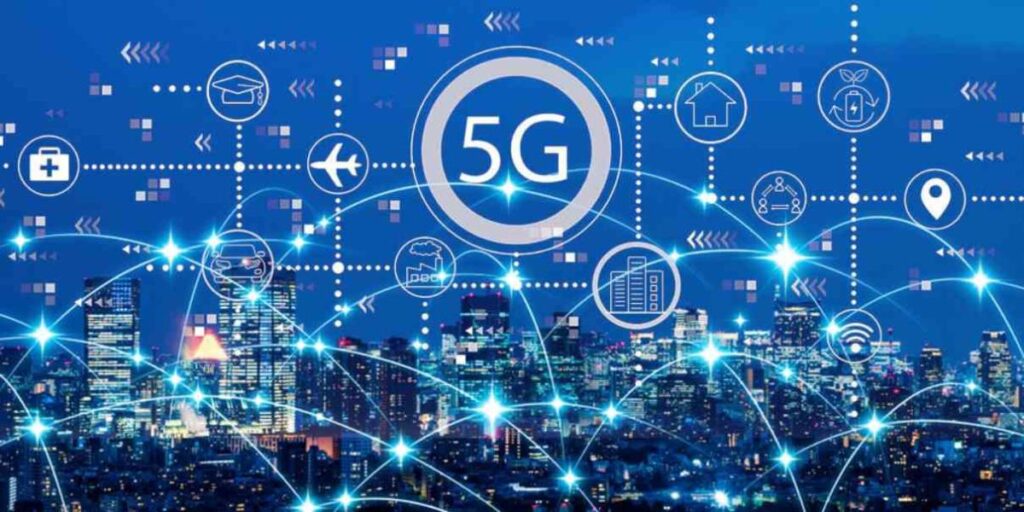Housing solutions or colocation have been a cornerstone in the data center sector for decades, offering companies a cost-effective and reliable alternative to manage their IT infrastructure, though it requires personnel to maintain and repair servers. This approach allows companies to keep their data secure and accessible without the need to build and maintain their own data centers. However, technological advancements are redefining this field at an accelerated pace. The integration of Artificial Intelligence (AI), automation, and 5G technology is bringing a significant change in how these services are provided, enhancing the efficiency and responsiveness of data centers.
Artificial Intelligence: The New Brain of Data Centers
The integration of AI in data centers is revolutionizing how these environments are managed and optimized. AI algorithms enable data centers to anticipate and prevent issues by analyzing large volumes of data generated by the infrastructure. This predictive capability not only helps reduce downtime but also enhances operational efficiency by identifying patterns and anomalies that may go unnoticed by human staff.
AI plays a crucial role in energy management. AI systems adjust energy consumption based on real-time data, minimizing waste and reducing operating costs. This energy optimization not only makes data centers more sustainable but also enables them to remain competitive in a market where efficiency is increasingly important.
In terms of security, AI offers a faster and more effective response to cyber threats. AI-driven systems can detect and neutralize attacks much faster than traditional methods, protecting sensitive customer data and ensuring a safer environment for information.
Automation: Redefining Data Center Operations
Automation is transforming the way data centers are managed. The ability to automate routine tasks such as server maintenance and software updates is reducing the reliance on human intervention and minimizing the risk of errors. This allows IT teams to focus on more complex and strategic issues.
Furthermore, automation facilitates the rapid deployment of new services. With automated provisioning, data centers can allocate resources to customers more quickly, which is essential in a business environment that demands agility and responsiveness. This ability to adapt quickly to market demands improves efficiency and customer satisfaction.
Automation also contributes to the reliability of services. In case of failures or unexpected issues, automated failover systems ensure service continuity by quickly switching to backup resources, ensuring that customers do not experience disruptions.
5G: The Future Connectivity in Housing

The introduction of 5G technology is setting a new milestone in the provision of housing services. With significantly faster speeds and reduced latency compared to previous generations of mobile networks, 5G is enabling data centers to offer faster and more efficient connectivity. This improvement in network speed and performance is crucial for handling large volumes of data and supporting real-time applications.
5G also facilitates the development of edge computing, allowing data centers to process data closer to the end user. This capability is essential for applications that require instant processing, such as autonomous vehicles and smart cities. The integration of 5G in data centers will enable companies to access and process information with unprecedented speed and efficiency.
Furthermore, 5G technology opens up new opportunities for innovative services. Applications like augmented reality (AR) and virtual reality (VR), which demand high-speed and low-latency connections, can be seamlessly integrated into data centers, allowing providers to offer advanced solutions that attract new customers and meet the growing demands of the market.
Future Perspectives: The Evolution of the Housing Sector
The future of colocation services is undeniably linked to the development and integration of these emerging technologies. AI, automation, and 5G are setting a new standard in the sector, making data centers smarter, more efficient, and adaptable. As these technologies continue to evolve, data centers are expected to become even more autonomous and capable of managing complex operations with minimal human supervision.
The ability to integrate these technologies will be a key factor for colocation providers looking to remain competitive in a rapidly evolving market. The adoption of AI, automation, and 5G is not just an option but a necessity to offer advanced services and meet the demands of an ever-changing business environment.
In summary, the transformation of the housing industry into data centers is underway, and those who adapt to these technological innovations will be better positioned to face the challenges of the future and offer cutting-edge solutions in the dynamic digital landscape. As a complement to housing, we have cloud infrastructure solutions and bare-metal offerings like those provided by Stackscale (Aire Group), where there is no need to maintain or repair hardware. All of this in data centers in Madrid or Amsterdam.

